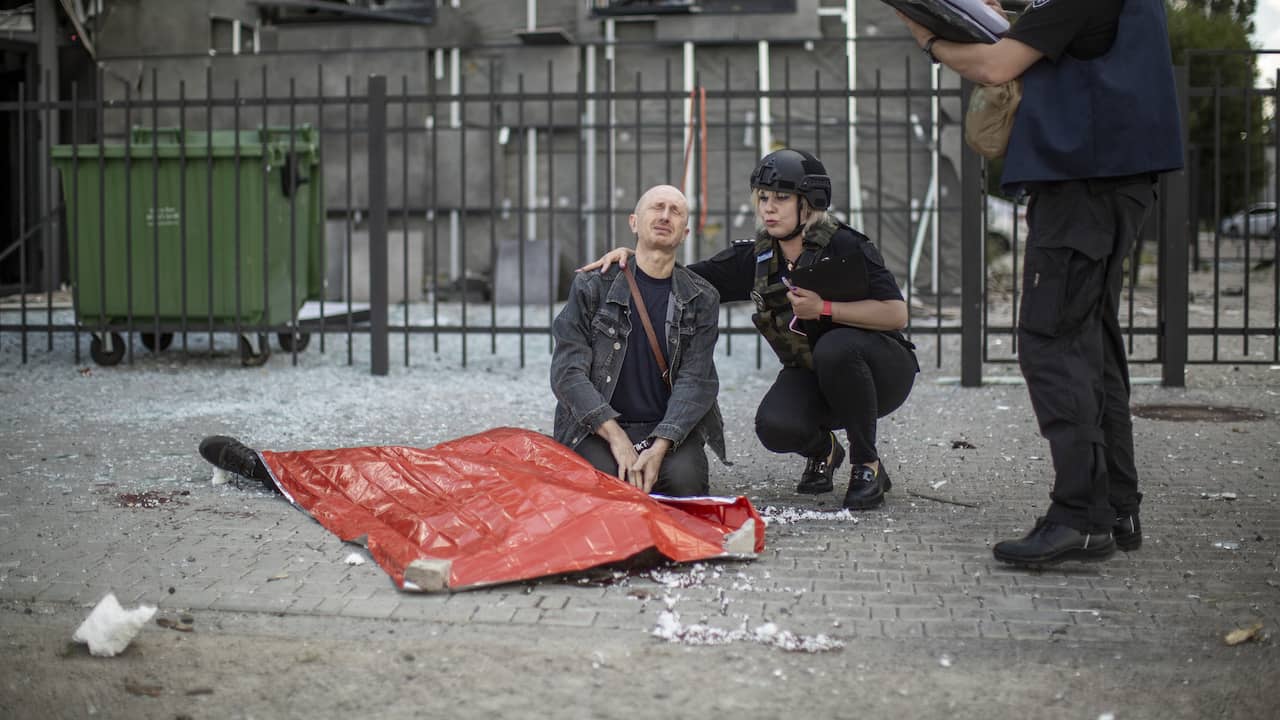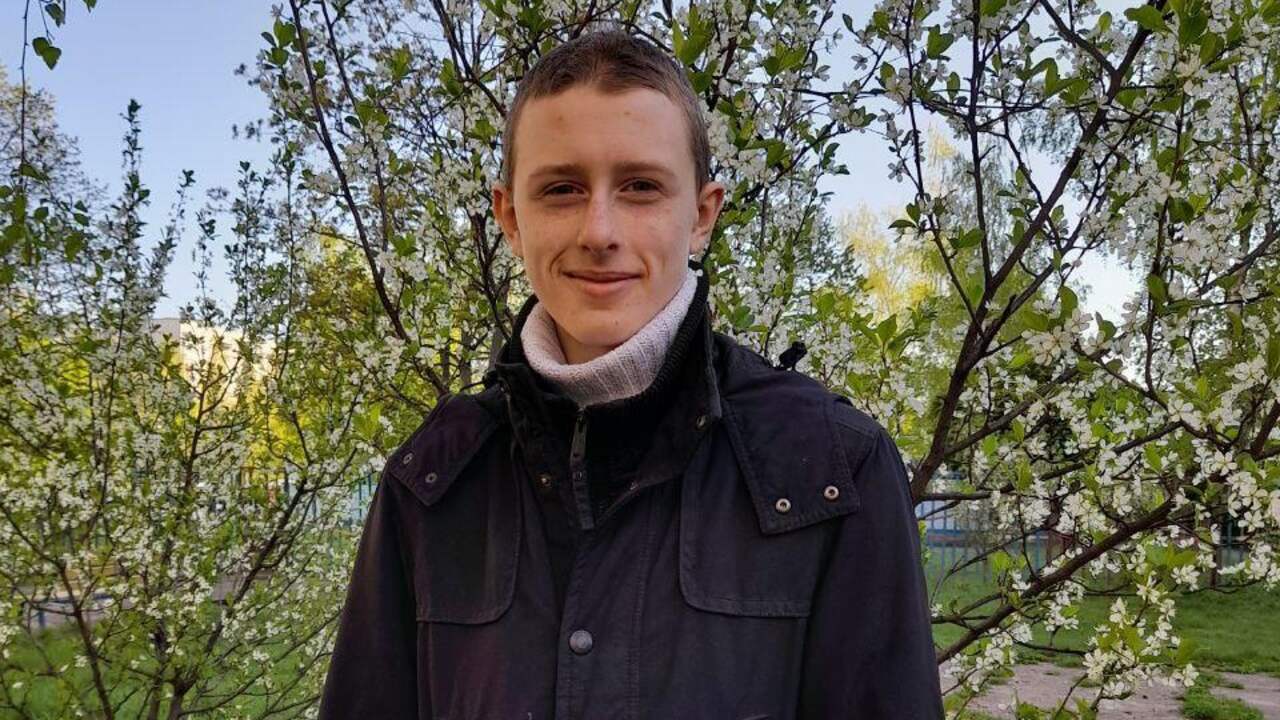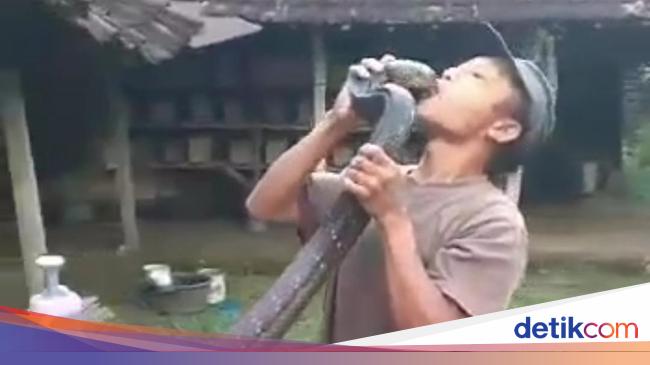War reporter Hans Jaap Melissen tells the story of the people behind the war in Ukraine for NU.nl. Today from Kharkiv, where he went in search of his father who continued to hold the hand of his thirteen-year-old son who disappeared after an attack by the Russians.
It is a photo that crosses your soul. One of the most impressive photos of this war.
The father who continues to hold the hand of his 13-year-old son who died on the street in Kharkiv.
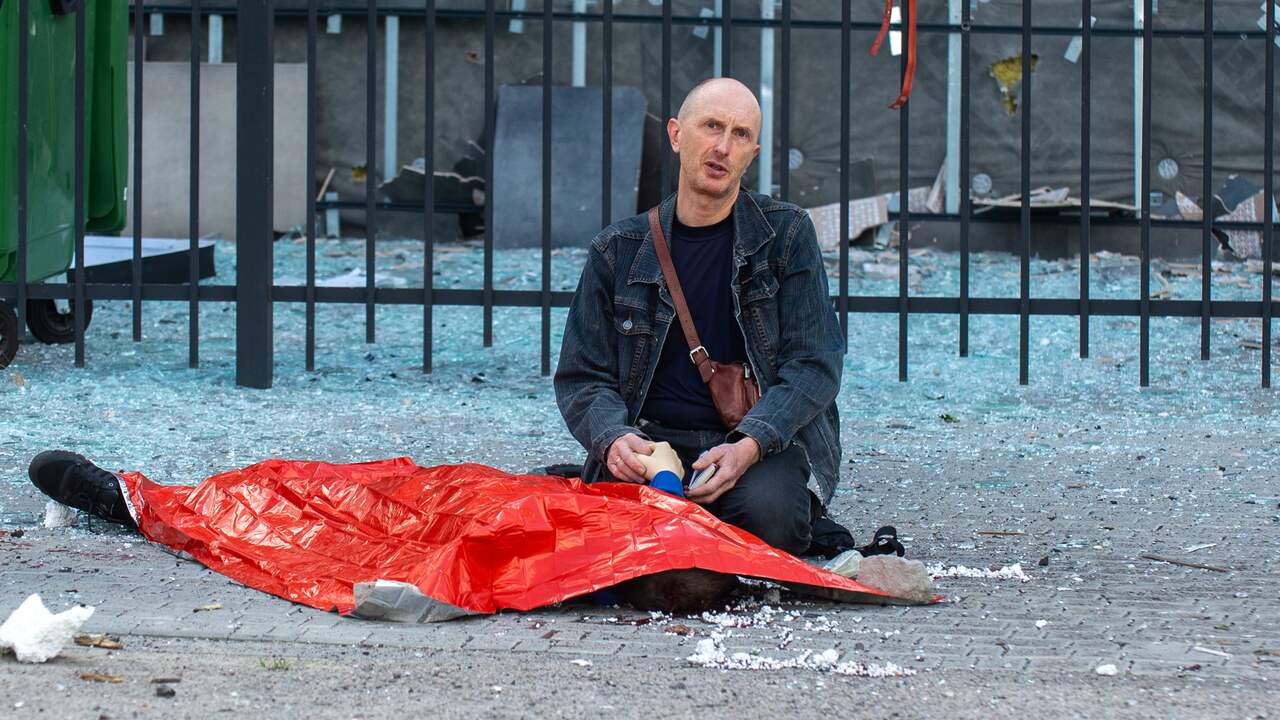
The father who continues to hold the hand of his 13-year-old son who died on the street in Kharkiv.
Photo: Getty Images
A rescuer tries to comfort the man, as seen in another photo. But there was no consolation. The most terrible thing that could happen to a parent had happened here.
I myself had just left Kharkiv when this photo was taken on July 20, 2022. Maybe that’s why he didn’t let me go. But more likely it was because I am a father myself.
Recently, back in Kharkiv, I decided to look for that father. With the order to my interpreter not to insist, of course, if the family wanted nothing to do with the press.
My interpreter recognized the scene of the tragedy. We investigated around the huge condominium area beyond. Everyone seemed to know the photo, but no one knew the family. Until, after an hour and a half of searching, we finally found their apartment, where a neighbor told us that the family had recently left. He had a phone number for his mother, Viktoria Kubata, a well-known chess player in Kharkiv.
Viktoria was willing to talk on the phone. Only her her husband Vyacheslav could not really do it, she told her. He was emotionally unable to do this.
The family now lived with relatives, a few hours’ drive from Kharkiv.
“We felt guilty for staying there so long. If we didn’t, it wouldn’t have happened,” Viktoria says soon enough. But she said there were reasons not to leave right away. “I have health problems and we thought the attacks weren’t going to be that strong anymore. Also, the subway was up and running again, it seemed safer. In July we really thought everything was getting better.”
Russian forces have been pushed further and further away from Kharkiv, but the city, near the Russian border, is still within range of all types of missiles.
‘We will run for a while, for exercise’
That tragic July 20 started with a bad night, says Viktoria. “I haven’t been well all night. That’s why the morning went wrong. I didn’t sleep and I had bladder problems and other war-aggravated things like kidney stones. My husband took care of me all night. “
Her children, Dmytro (13) and Ksenia (15), who in the conversation calls Dima and Ksysha, wouldn’t normally go out without their parents. But that morning they did. “They said let’s go for a run. Just for exercise. It was a little quiet and no one expected trouble.”
Around 8:45 am the children left the house and ran around the neighborhood. The explosion occurred at 9:00 am. Brother and sister were running near a bus stop on the edge of the neighborhood. Dima in front, his sister 5 meters behind him. “Dima died instantly. But her sister didn’t understand at first. She asked Dima to get up, but he didn’t answer.”
Her sister, herself wounded, tried to find help and ran to the street. One of the passing motorists stopped and took her to the hospital. Ksysha had many injuries, including shrapnel in her lung, and was covered in blood.
Meanwhile, Viktoria and her husband had heard the explosions at home and were trying to reach their children. “We called their cell phones, which they always answered, but not now.” They went to investigate separately, after which her husband was dismayed to find her dead son near the bus stop. Viktoria arrived there a little later. “But we didn’t see our daughter anywhere. We went looking, together with the police, but then there were new explosions and we had to repair ourselves.”
After fifteen minutes they were told that their daughter was in the hospital and Viktoria decided to go there with the police. Her husband stayed with Dima, who in the meantime had been covered with a piece of red oilcloth. Reports from that day said that Vyacheslav continued to hold his son’s hand for two hours and even prayed beside him. The latter can be seen in the photos. “I don’t know how long he was there, but he stayed with Dima until they took him away,” says Viktoria.
The Russian missile turns everything upside down
It is difficult to look at the photo that has been around the world. “Although I have read everything that has been written about it.” She manages to talk about Dima. “We have a hard time talking about him or not. I have many good memories. Dima was a good student, very active and positive. He was a ballroom dancer like his sister. For seven years. He also played chess. He was given a tablet just for his birthday on July 10. It was developing well. We had a good life. “
But now a Russian missile has turned everything upside down. The only thing that keeps Viktoria going is her future daughter. He has been operated on several times and is quite well. “She owes her life to the man who took her to the hospital. It was a kind of miracle. That man’s surname is ‘Parus’. It means ‘sail’, just like the name of the building next to Where did it happen.”
Their daughter is also the reason they left Kharkiv. “Not because we are confronted with Dima’s memories in our home. We want to focus on our daughter’s future. She has to live, without having to lock herself in a house all day. It’s too dangerous for her in Kharkiv. The attacks don’t stop there. .
Brother (Dima) and sister (Ksysha) after a ballroom dance competition a few years ago
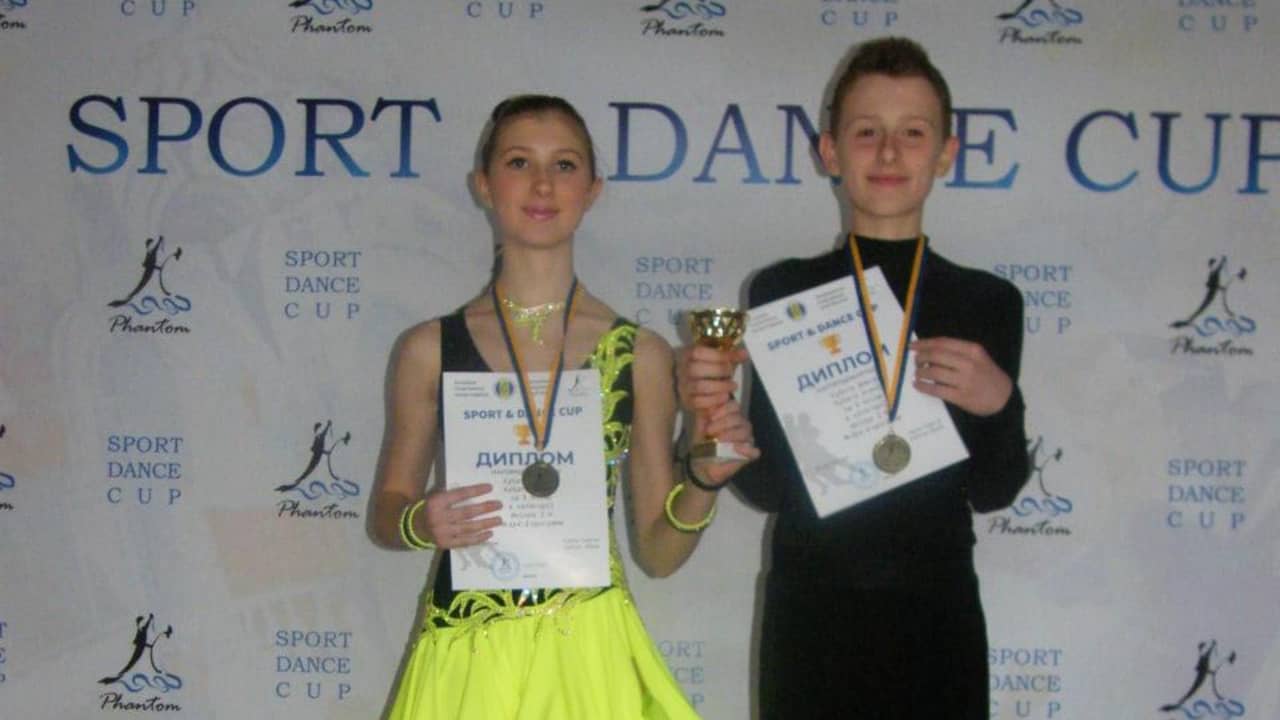
Brother (Dima) and sister (Ksysha) after a ballroom dance competition a few years ago
Photo: Privécollectie
On Friday evening, Hans Jaap Melissen received the Journalist Peace Award for his work as a war journalist. He dedicated the award to the dead Dima.
